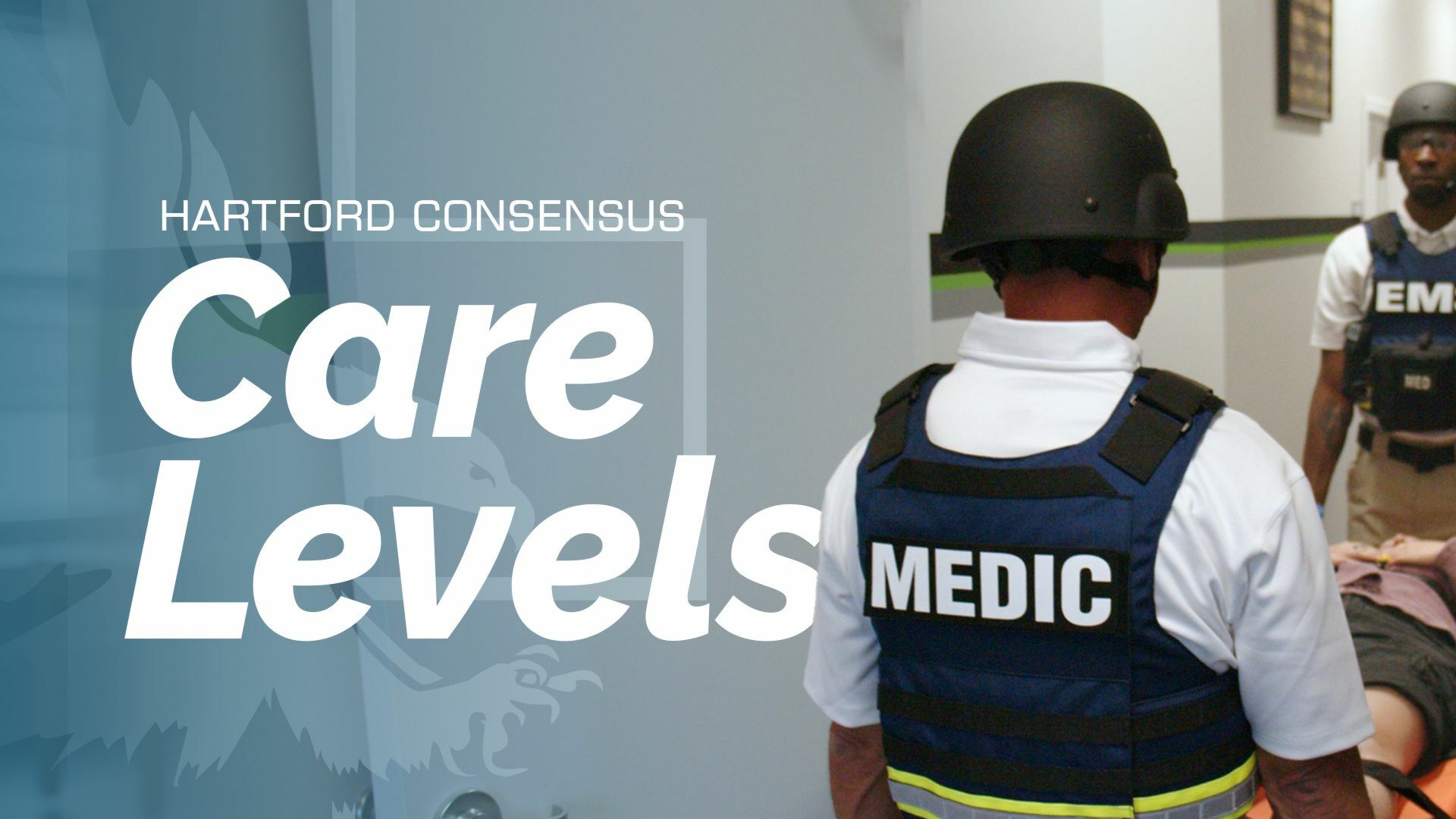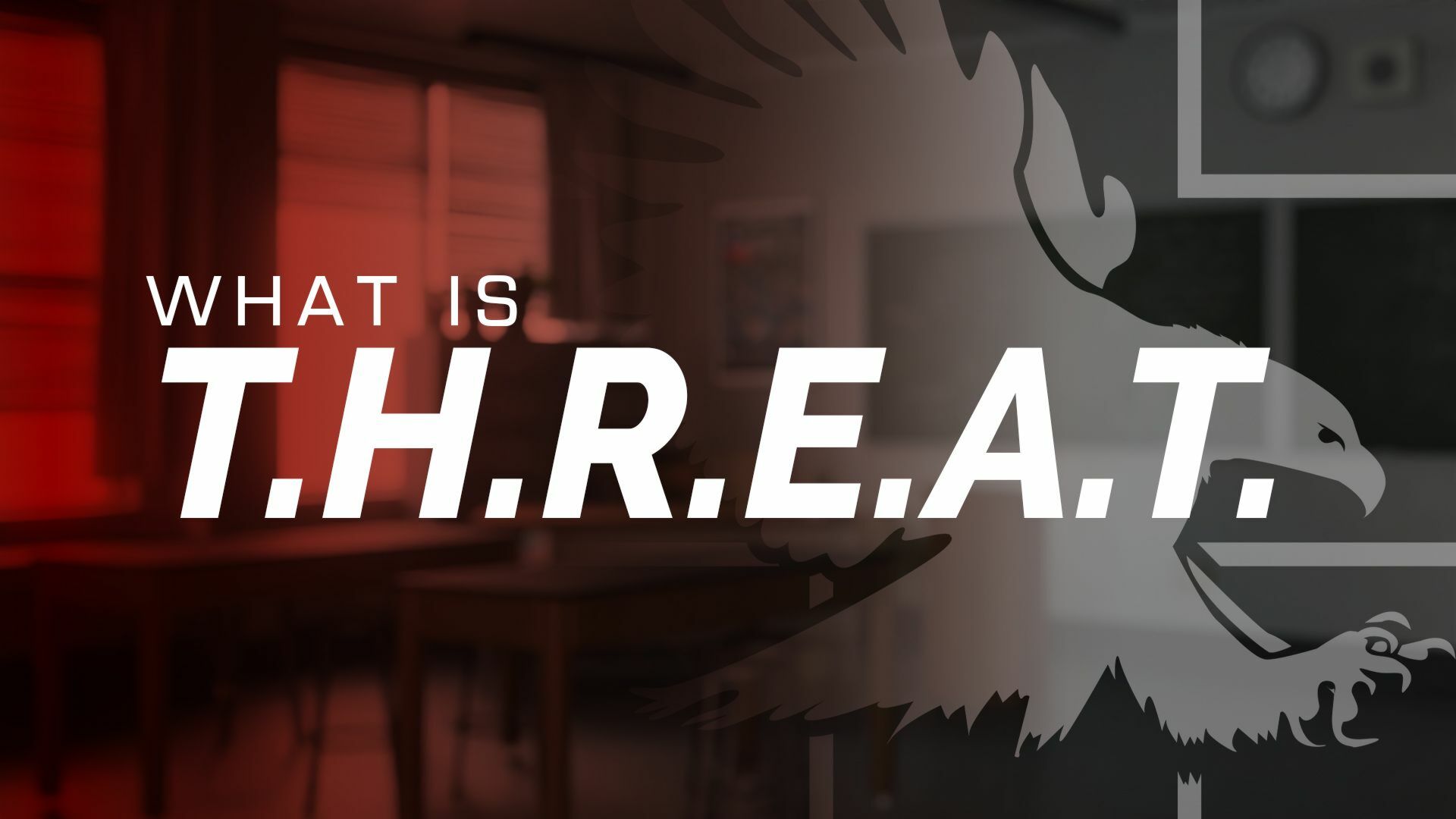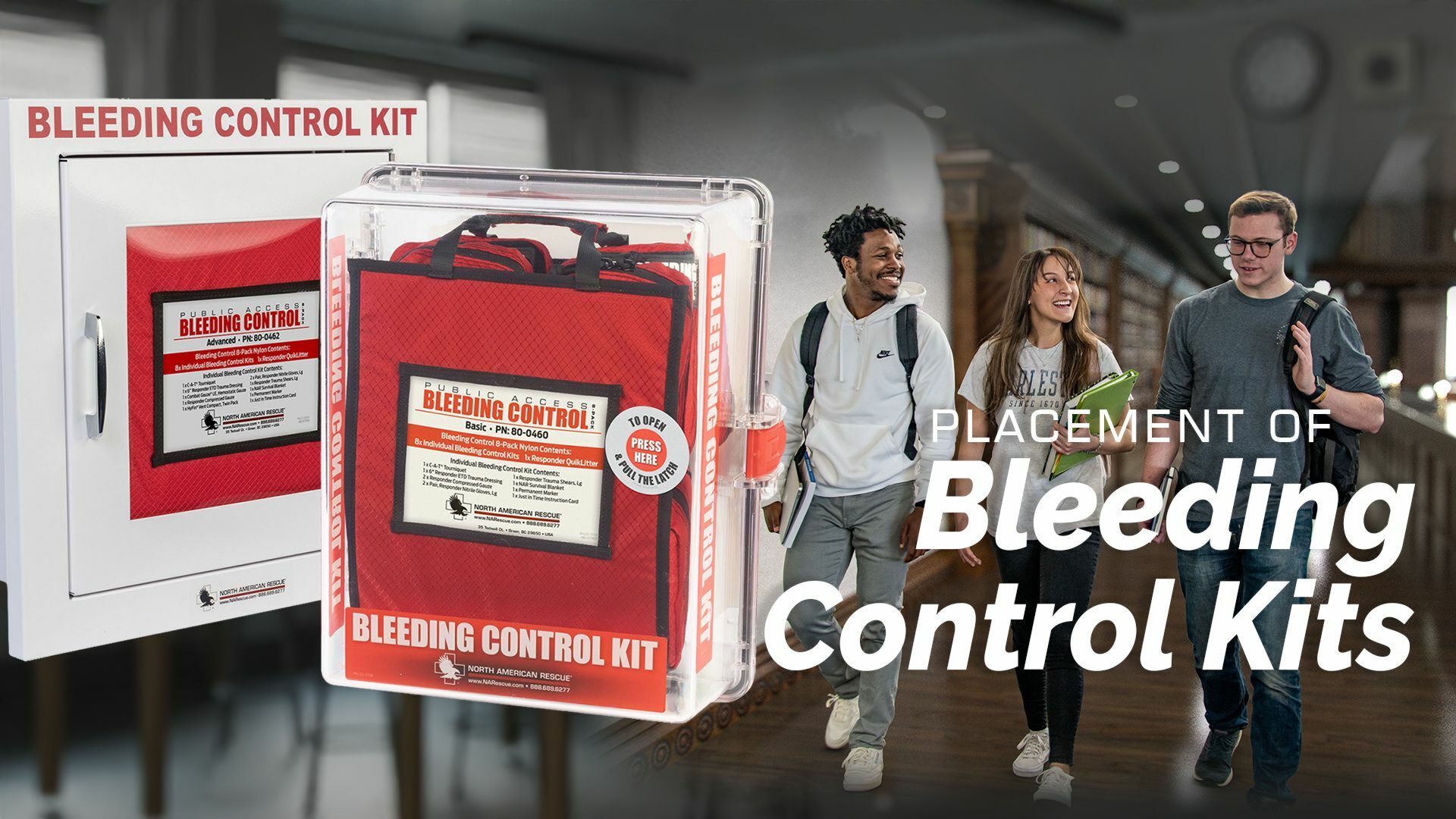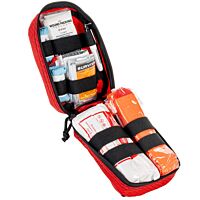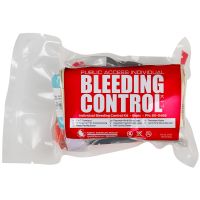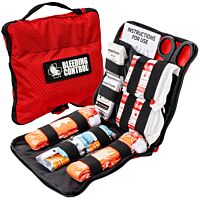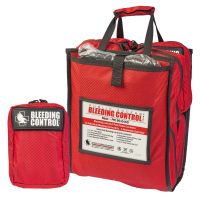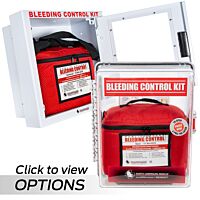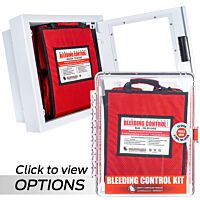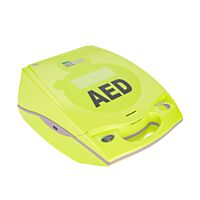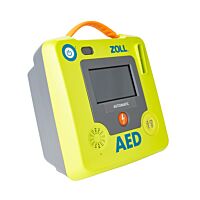What was the Hartford Consensus 3?
The Hartford Consensus 3 was a follow-up committee from the Hartford Consensus that occurred in April 2015. Their focus was on implementation strategies for hemorrhage control. They identified three different levels of responders and what actions they should take.
Immediate Responders
The first level was immediate responders, and that's essentially the person that's right next to the casualty when the shooting occurs, they're also known as bystanders. So when you hear bystander care, that's really what we're talking about is that immediate responder. What they identified is that they're critical in that first step in eliminating preventable death and stopping massive hemorrhage.
What they did is said, “Hey, If you're next to a casualty, you're the most effective person in saving that person's life.” So you need to apply tourniquets, hemostatics, and pressure dressings as quickly as possible to stop the bleeding and stop the dying.
Profesional First Responders
The next level up is professional first responders. So that includes law enforcement, EMS, fire and rescue teams, really law enforcement's primary job is to stop that threat. So once they've stopped that threat, then they should work as a team for initial assessment, bleeding control, and rapid triage and transport. to higher levels of medical care.
Trauma Profesional Responders
Finally, the third level that they had some focus on was trauma professionals and really, their ability to triage these patients and rapidly provide definitive care in the operating room.
Another focus of the Hartford Consensus 3 was the placement of bleeding control items. What they recommended is that bleeding control items like tourniquets, hemostatics, and pressure dressing be placed in all public access areas. So, schools, gymnasiums, movie theaters, malls, you name it. Anywhere there's an AED, you should also have a bleeding control station so that these materials are widely accessible to the public in the event of a mass casualty incident.

